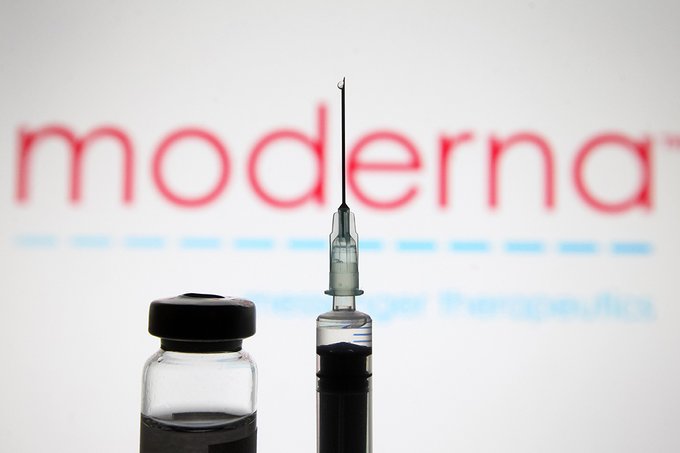supercat
Colonel
...continued from above:
Its previous growth relied on massive labor and capital inputs rather than gains in efficiency. Its aging population won’t save as much as retirees begin to spend down savings, so capital will become scarcer. It has saturated its export market in developed countries, and so forth.
All of these arguments are factually correct, just as Krugman’s argument about the Asian Tigers was factually correct in 1994, that is, correct about facts of the past that had become irrelevant. What Krugman missed and the China doomsayers miss today is the intersection of jump in human capital and the emergence of new technologies.
South Korea’s new educated workforce mastered Third Industrial Revolution technologies and transformed what had been one of the world’s poorest countries into a high-tech powerhouse within a single generation.
When Deng Xiaoping began his economic reforms in 1979, just 3% of Chinese high school graduates went on to tertiary education. Today, the proportion is 63%, about the same as most European countries. A third of Chinese undergraduates study engineering, compared to just 6% in the United States.
South Korea was the poster child for the Third Industrial Revolution of computers and communications. China is determined to lead the Fourth Industrial Revolution driven by artificial intelligence and high-speed data transfer.
A new Chinese economy gestates within the belly of the old. Deng’s low-skill smokestack economy is subject to diminishing returns: Not so the Fourth Industrial Revolution economy that China is building today.
According to Huawei, 10,000 Chinese businesses including 6,000 factories already have installed private 5G networks. It’s still early days, but preliminary results are remarkable.
At the Tianjin Port, where AI-guided cranes linked by 5G wireless broadband pick containers out of ships and place them in autonomous trucks, large container vessels are emptied in 45 minutes, Huawei says. Before Huawei installed its 5G system, it took eight hours. Unloading a large container ship takes 48 hours at America’s largest port at Long Beach, California, according to reports.
By no means is China’s success guaranteed today, any more than Deng’s success was guaranteed in 1979. But it is not improbable, either. China’s doomsayers are likely to be as wrong today as Krugman was about the Asian Tigers 30 years ago.

